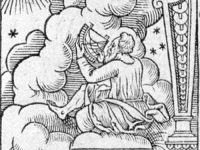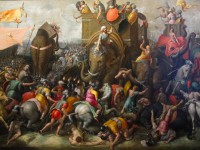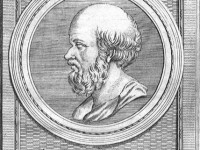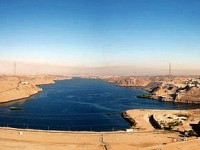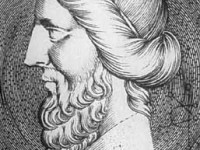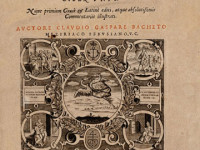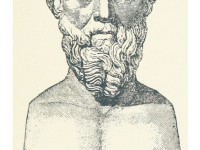Carl Blegen – the Sack of Troy and the Truth in Homer’s Iliad
On January 27, 1887, American archaeologist Carl William Blegen was born. He is known for having unearthed evidence that supported and dated the sack of Troy recorded in Homer‘s Iliad. He worked on the site of Pylos in Greece and Troy in modern-day Turkey and directed the University of Cincinnati excavations of the mound of Hisarlik, the site of Troy, from 1932 to 1938. Carl Blegen’s Youth and Education Blegen was born…
Read more



